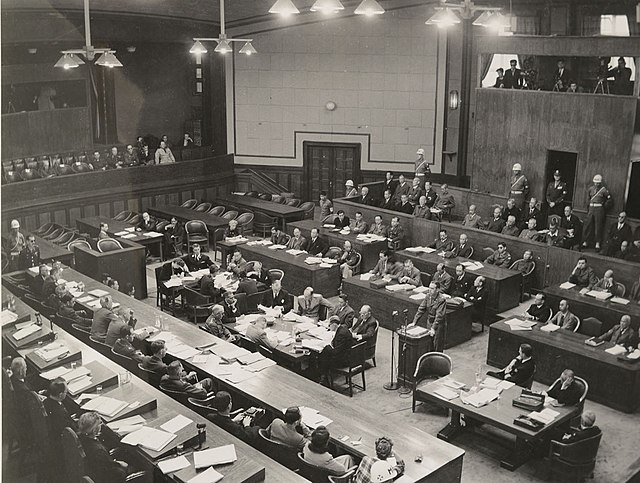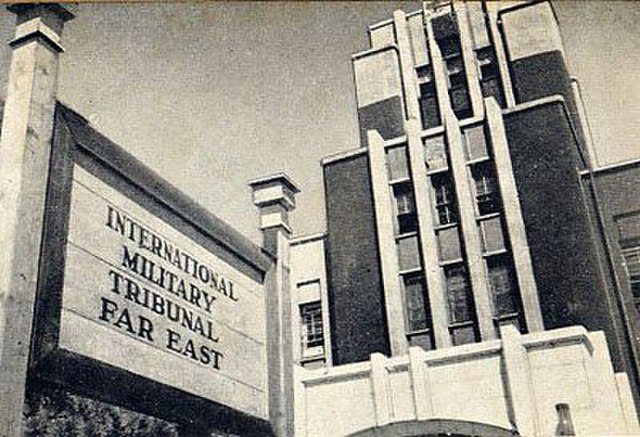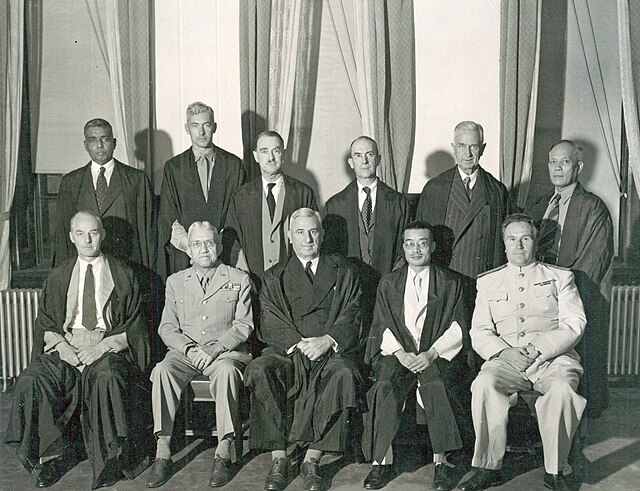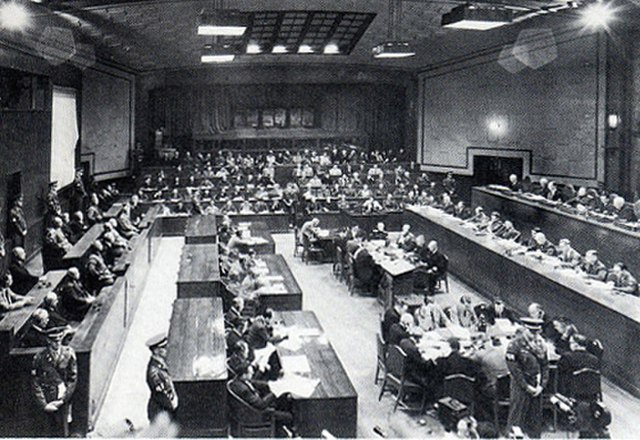Victor's justice is a term which is used in reference to a distorted application of justice to the defeated party by the victorious party after an armed conflict. Victor's justice generally involves the excessive or unjustified punishment of defeated parties and the light punishment of or clemency for offenses which have been committed by victors. Victors' justice can be used in reference to manifestations of a difference in rules which can amount to hypocrisy and revenge or retributive justice leading to injustice. Victors' justice may also refer to a misrepresentation of historical recording of the events and actions of the losing party throughout or preceding the conflict.
The execution of Henry Wirz in 1865 after the American Civil War is seen by some as victor's justice.
Waffen-SS lieutenant-colonel Otto Skorzeny's defence at the Dachau trials argued his alleged violations of the laws of war during the Battle of the Bulge were permitted by the military code of his opponent, the United States Army.
International Military Tribunal for the Far East
The International Military Tribunal for the Far East (IMTFE), also known as the Tokyo Trial and the Tokyo War Crimes Tribunal, was a military trial convened on 29 April 1946 to try leaders of the Empire of Japan for their crimes against peace, conventional war crimes, and crimes against humanity, leading up to and during the Second World War. The IMTFE was modeled after the International Military Tribunal (IMT) at Nuremberg, Germany, which prosecuted the leaders of Nazi Germany for their war crimes, crimes against peace, and crimes against humanity.
Court chamber during the tribunal in Ichigaya, Tokyo
The International Military Tribunal for the Far East was convened at Ichigaya Court, formerly the Imperial Japanese Army H building, in Ichigaya, Tokyo.
The judges (July 29, 1946)
View of the Tribunal in session: the bench of judges is on the right, the defendants on the left, and the prosecutors in the back






